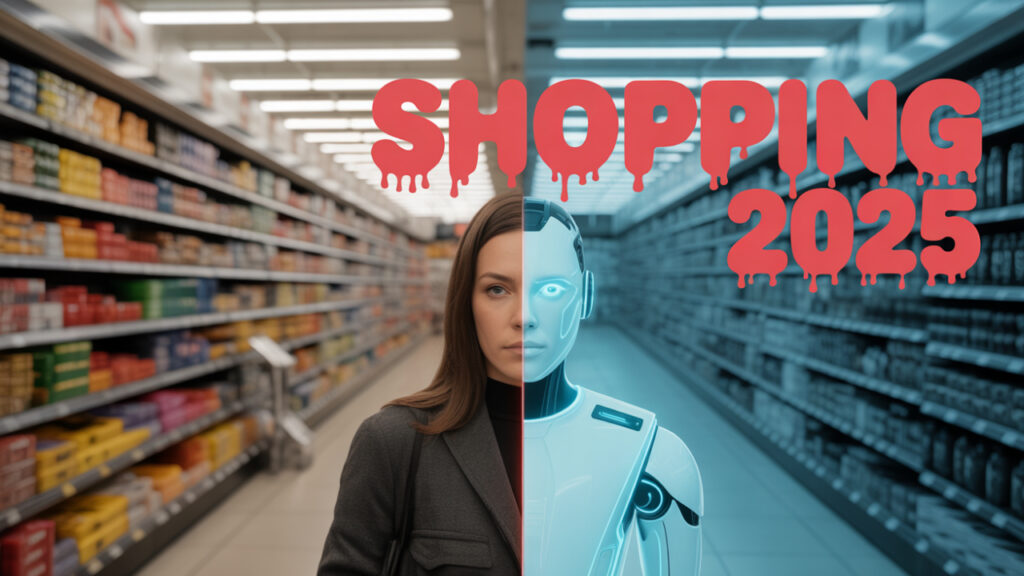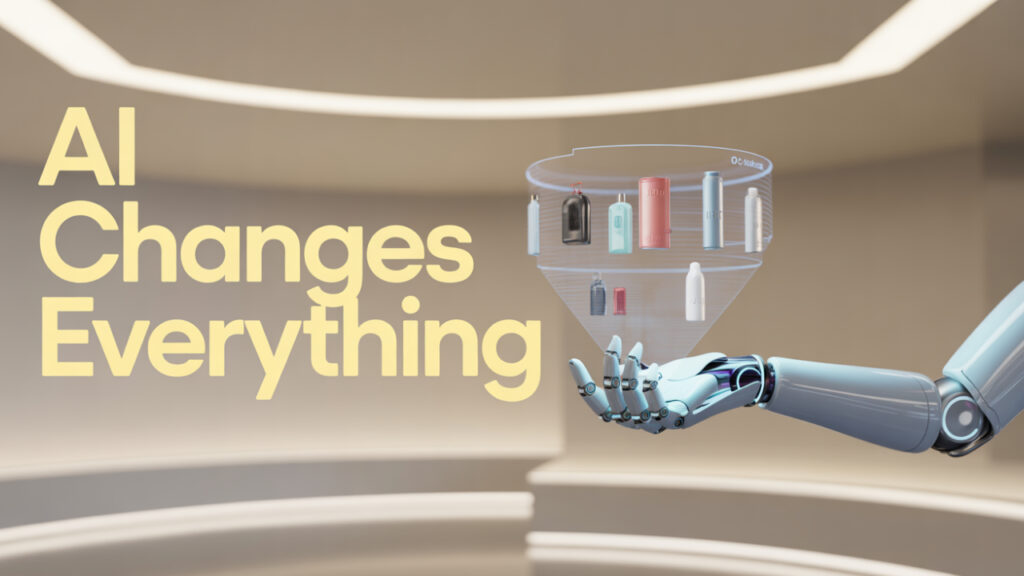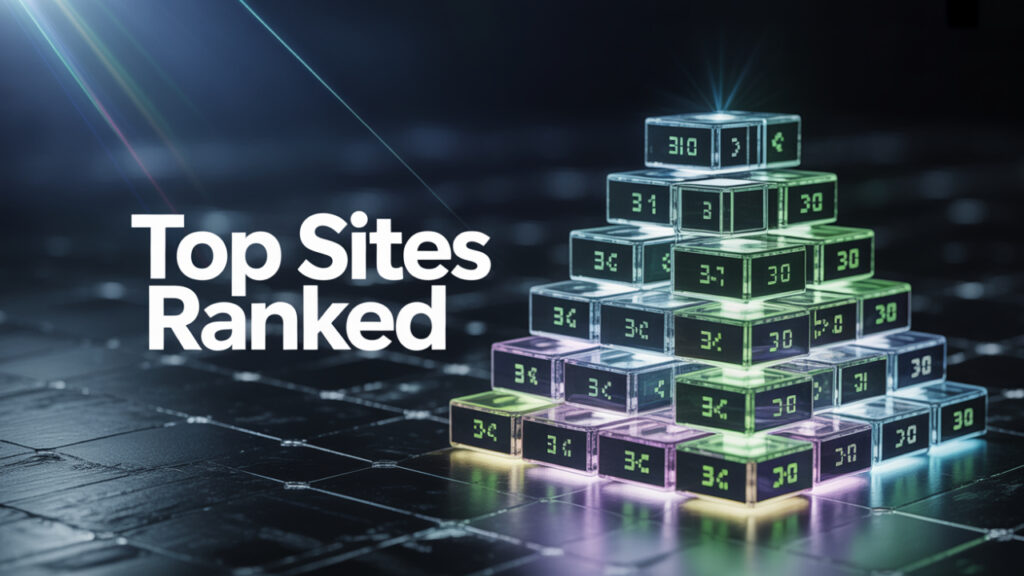Artificial Intelligence (AI) has evolved at an unprecedented rate over the past decade, revolutionizing industries and transforming daily life. As we approach 2025, AI is set to become even more integrated into our world, affecting everything from healthcare to education and business to cybersecurity. But what exactly does the future hold for AI in 2025? Let’s dive in.
The Evolution of AI Technology
AI has come a long way from its early rule-based systems to today’s deep learning models capable of mimicking human cognition. Recent milestones, such as GPT-4 and self-learning AI systems, have brought us closer to Artificial General Intelligence (AGI). The next wave of AI advancements will likely focus on improving contextual understanding and problem-solving capabilities.
AI in Everyday Life
By 2025, AI will be seamlessly integrated into our daily routines. Virtual assistants like Siri and Alexa will become more intuitive, smart homes will automate nearly every function, and AI-driven finance tools will help individuals manage their money more efficiently than ever before.
AI in Business and Industry
Businesses will rely heavily on AI-driven automation to enhance productivity. AI will assist in decision-making, streamline operations, and offer personalized customer experiences. Companies that embrace AI will see significant competitive advantages over those that resist digital transformation.
AI in Healthcare
AI-driven medical diagnostics will detect diseases with unprecedented accuracy, while robotic surgery will enhance precision in complex procedures. Personalized treatment plans based on AI analysis of patient data will improve healthcare outcomes.
AI in Education
Education will experience a transformation as AI-powered tutoring systems provide personalized learning experiences. Teachers will leverage AI to automate administrative tasks, allowing more focus on student engagement and interaction.
AI in Cybersecurity
AI’s role in cybersecurity will be crucial as cyber threats become more sophisticated. AI will help detect and prevent threats in real time, improving fraud detection and data security.
AI in Transportation
Self-driving cars will become more mainstream, reducing accidents and improving traffic management. AI will also enhance logistics and supply chains, making transportation more efficient.
Ethical and Social Implications of AI
With AI’s rapid growth comes ethical concerns. Issues like bias in AI models, job displacement, and data privacy must be addressed. Governments will need to implement policies to regulate AI responsibly.
The Role of AI in Creativity
AI-generated art, music, and literature will continue to evolve. While AI will assist in creative processes, human creativity will remain irreplaceable. AI’s role in the entertainment industry will grow, offering new possibilities for storytelling and content generation.
AI and Environmental Sustainability
AI will play a vital role in combating climate change by optimizing energy use, predicting environmental changes, and improving sustainable farming practices. These innovations will contribute to a greener and more efficient world.
The Future of AI Research and Development
AI will accelerate scientific discoveries, particularly with the integration of quantum computing. Research into AGI will continue, pushing AI closer to human-like intelligence.
Challenges Facing AI in 2025
Despite AI’s potential, challenges remain. Data privacy concerns, cybersecurity risks, and the need for AI explainability are significant hurdles that must be overcome to ensure AI’s responsible use.
Predictions for AI in 2025
AI will be more deeply embedded in daily life, shaping industries and the job market. AI-driven startups will continue to rise, bringing innovative solutions across various sectors.
Conclusion
The future of AI in 2025 is bright, promising groundbreaking advancements across multiple domains. However, balancing AI’s benefits with ethical considerations is crucial. Responsible AI development and regulation will ensure a future where AI enhances human capabilities rather than replacing them.
FAQs
1. Will AI replace human jobs by 2025?
AI will automate certain tasks, but it will also create new job opportunities, requiring upskilling and adaptation.
2. How will AI impact healthcare in 2025?
AI will enhance diagnostics, surgical precision, and personalized treatment plans, leading to improved patient outcomes.
3. Will self-driving cars be common by 2025?
While advancements will continue, full autonomy in all cities may take longer due to regulatory and safety concerns.
4. Can AI become smarter than humans?
AI can surpass humans in specific tasks, but Artificial General Intelligence (AGI) with full human-like intelligence is still in development.
5. How can AI be regulated to prevent misuse?
Governments and organizations are working on AI ethics guidelines and regulations to ensure fair and responsible AI development.




One Comment